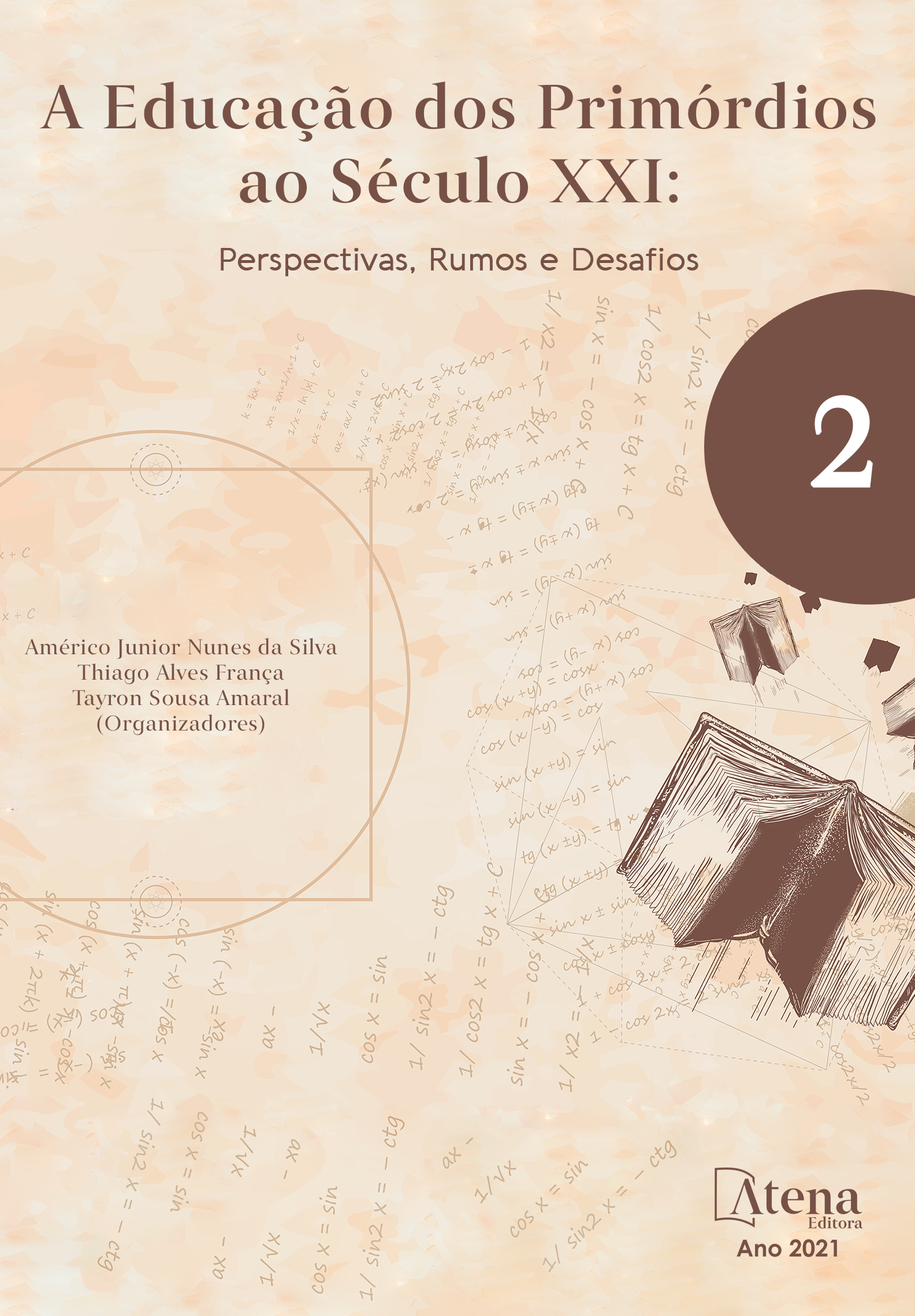
ANÁLISE À INSTITUCIONALIZAÇÃO DA NOÇÃO DE COMPETÊNCIAS PARA APERFEIÇOAMENTO DOS TRABALHADORES DO PODER JUDICIÁRIO GOIANO
Este artigo propõe uma investigação e análise da institucionalização da noção de competências para o
aperfeiçoamento dos trabalhadores do Poder Judiciário goiano, consoante à Política Nacional de
Formação e Aperfeiçoamento dos Servidores do Poder Judiciário, instituída pela Resolução nº
192/2014, do Conselho Nacional de Justiça (CNJ). O problema de pesquisa constitui a compreensão
de como é a formação continuada institucionalizada por competências e direcionada aos servidores do
Poder Judiciário goiano? Para tanto, aplicou-se a metodologia de pesquisa qualitativa de natureza
exploratória descritiva das normativas inerentes ao judiciário goiano (Resolução CNJ nº 192/2014, Lei
n. 17.663/2012, Resolução TJGO n. 14/2012). No referencial teórico McClelland (1973), Boyatzis
(1982), Spencer, L. M. & Spencer, S. M. (1993), Parry (1996), autores estadunidenses que tomaram a
noção de competências à lógica da psicologia comportamental — e, ainda, os autores franceses Le
Boterf (1997) e Zarifian (1999), que na perspectiva sociológica refletiram sobre o profissionalismo e
as mutações no mundo do trabalho. E, ainda, os autores brasileiros, Kuenzer (1999), Ramos (2002),
Saviani (2005), que propuseram discutir à Educação, em específico a Educação Profissional, sob o
limiar da teoria-histórica-critica, fundando suas reflexões à luz da sociologia do trabalho, tomando o
trabalho como princípio educativo na perspectiva da emancipação do trabalhador. Ao fim,
compreendida como é a formação e o aperfeiçoamento sob a lógica das competências, constitui
objetivo geral a elaboração do produto educacional que contenha uma proposta de formação
continuada que amplie o horizonte de possibilidades e alcance a omnilateralidade na formação dos
trabalhadores do judiciário goiano.
ANÁLISE À INSTITUCIONALIZAÇÃO DA NOÇÃO DE COMPETÊNCIAS PARA APERFEIÇOAMENTO DOS TRABALHADORES DO PODER JUDICIÁRIO GOIANO
-
DOI: 10.22533/at.ed.51921040310
-
Palavras-chave: Competências. Formação continuada. Histórico-Crítico-Social
-
Keywords: Skills. Ongoing training. Historical-Critical-Social
-
Abstract:
This article proposes an investigation and analysis of the institutionalization of the notion of competences for
improvement of the workers of the Judicial Branch of Goiás, in accordance with the National Policy of
Training and Improvement of the Servants of the Judiciary, instituted by Resolution nº
192/2014, of the National Council of Justice (CNJ). The research problem is the understanding
of how continuing training is institutionalized by competences and directed to civil servants
Judiciary power in Goiás? To this end, the qualitative research methodology
exploratory descriptive of the norms inherent to the judiciary in Goiás (CNJ Resolution 192/2014, Law
n. 17,663 / 2012, TJGO Resolution no. 14/2012). In the McClelland theoretical framework (1973), Boyatzis
(1982), Spencer, L. M. & amp; Spencer, S. M. (1993), Parry (1996), American authors who took the
notion of competencies to the logic of behavioral psychology - and, still, the French authors Le
Boterf (1997) and Zarifian (1999), who in the sociological perspective reflected on professionalism and
changes in the world of work. And yet, the Brazilian authors, Kuenzer (1999), Ramos (2002),
Saviani (2005), who proposed to discuss Education, specifically Professional Education, under the
threshold of historical-critical-theory, basing its reflections in the light of the sociology of work, taking the
work as an educational principle from the perspective of worker emancipation. In the end,
understood as the formation and the improvement under the logic of the competences, constitutes
general objective the elaboration of the educational product that contains a training proposal
that broadens the horizon of possibilities and reaches omnilaterality in the formation of
judicial workers from Goiás. -
Número de páginas: 15
- Guenther Carlos Feitosa de Almeida
- Adriano José da Silva Santos


